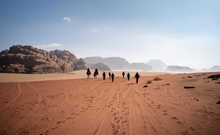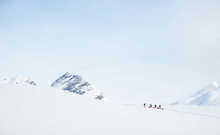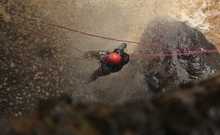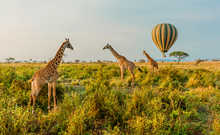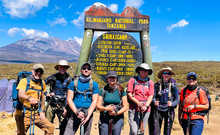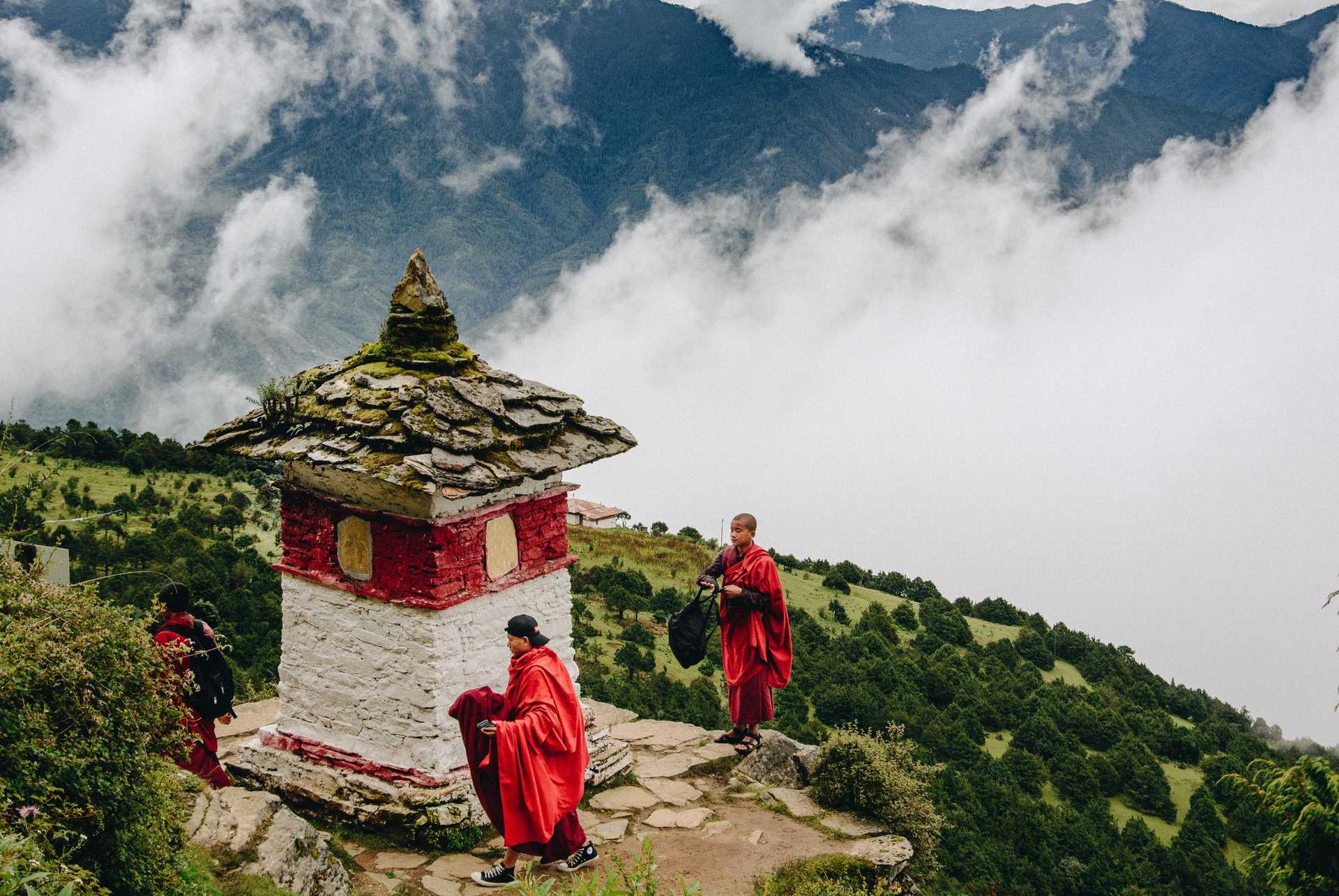Interesting Facts About Bhutan
Isolated and tucked away from civilization for over a
thousand years, the friendly mountain kingdom of Bhutan is about as mysterious
as a travel destination can get. Although much more is known about this
fascinating country than ever before, its customs and culture are still
relatively unknown by outsiders. This isolation has allowed the Bhutanese to
thrive and has kept their most sacred traditions alive, making it an intriguing
place to explore.
As a trekking destination, Bhutan has all the altitude of
the Himalayas with none of the crowds and its borders still only allow in a set
number of visitors each year. Let’s look at some interesting facts about Bhutan
to help you decide the winner of the epic battle, Nepal vs Bhutan.
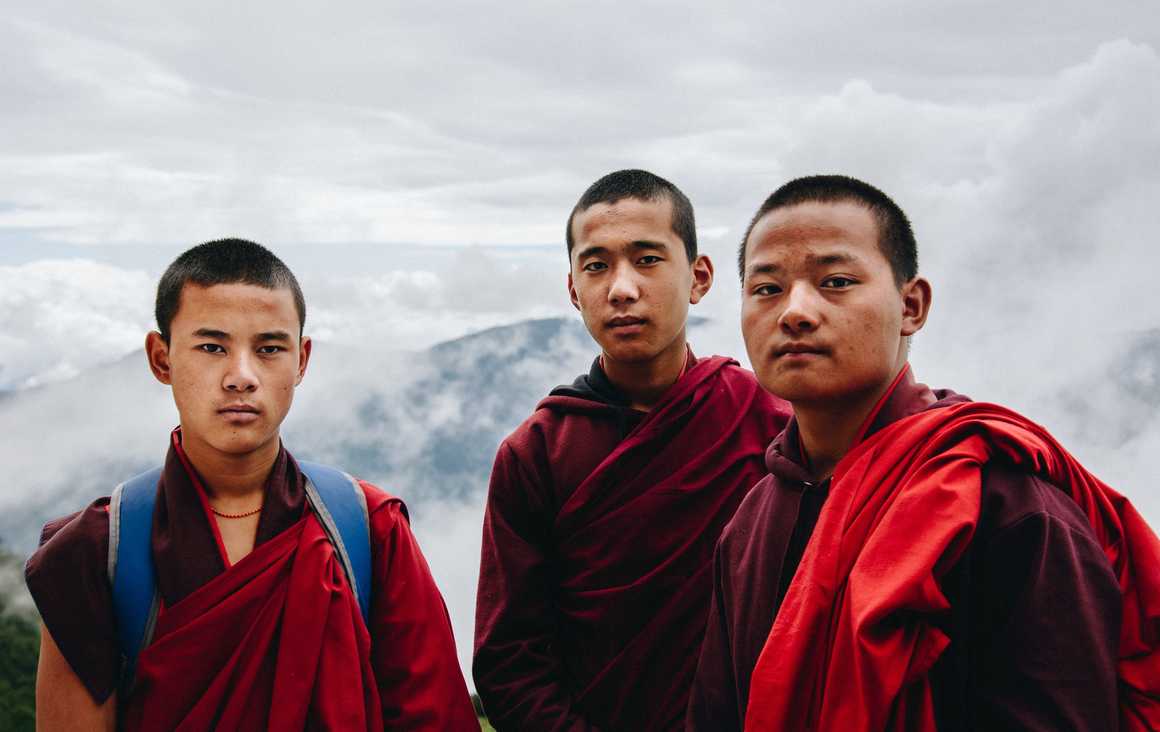
Our top 20 interesting facts about Bhutan
1. Thimphu,
Bhutan's capital city, is one of only two capital cities in the world that does
not have a single traffic light. The whole city plan has been carefully and
considerately designed to have a minimal impact on the environment and maximise
use of the limited space available for this small capital nestled in the
mountains.
Instead, traffic police conduct traffic at major
intersections, waving their arms to signal when to go in an elegant and
relentless dance that it a sight to behold.
2. The name 'Bhutan' only came into common use in the mid 19th
century. It is believed that it derives from the Sanskrit words Bhotant or Bhot
anta, meaning end of Bhot which is another name for Tibet and anta which
essentially means end of the highlands or to the end of Tibet.
Before this Bhutan was known by the name Drukyul, the land
of the Drukpa people. Drukpa means dragon so Bhutan has also been referred to
as the Land of the Thunder Dragon. This is both a reference to Buddhism, the
prevalent religion in Bhutan and because of the enormous thunder storms that
roll in across the Himalayas.
Bhutan takes environmental and sustainable policy very
seriously. By law, at least 60% of the nation must be covered in forest at all
times and it is the only carbon negative country in the world, despite
increasing tourism. This is achieved by not only limiting visitor numbers,
adding mystique to this already interesting country and thus making it more
attractive to tourists, but also by adhering to four main pillars of gross
national happiness (GNH) – sustainable development, cultural preservation,
environmental protection and good governance. Enlightened and planet-conscious
leaders set 5 yearly plans with specific and measurable goals to both maintain
GNH and to ensure that the country continues to thrive.
4. Standing at 7,570m, Gangkhar Puensum is the tallest
mountain in Bhutan and also the highest unclimbed mountain in the world.
The people of Bhutan believe that the mountains are the
homes of various gods and spirits and as such should be protected from visitors
and kept pure. As a Himalayan country though, this doesn’t mean that there
aren’t plenty of awesome trekking opportunities here. The Snowman Trek and the Druk Path Trek are two of the most iconic hiking trails in the
world, known for their incredible scenery, remote wilderness and total cultural
immersion.
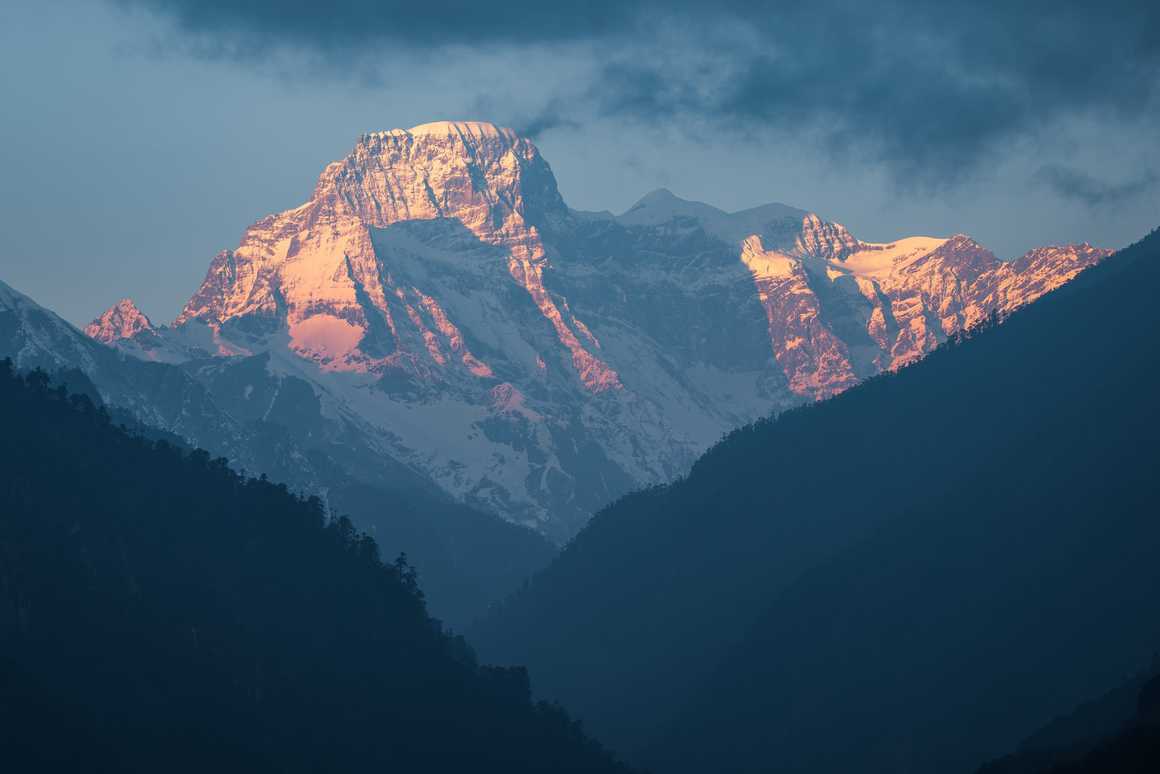
5. The median age of Bhutanese people is just 22.3 years old
and more than half of the population is under the age of 28. In fact, over one
third of the population is under the age of 15! Despite this, the average life
expectancy of someone in Bhutan is 72 which is surprisingly high for a country
with such a young population.
Despite having restrictive criteria for immigration to
Bhutan, more people are settling there than ever before which has led to a
(relatively small) boom in population and is the cause of so many young people
in Bhutan.
6. Bhutan is the only country in the world where the sale and
production of tobacco is prohibited. Smoking in public places is banned
throughout the entire country and anyone bringing in cigarettes will need to
declare them at entry to Bhutan, pay a huge import tax and carry a permit for
them at all times. The Tobacco Control Act of Bhutan 2010 was passed to make
Bhutan smoke-free and breaking its restrictions could result in legal action.
You are however, allowed to smoke in certain tourist
accommodation and there are occasional smoking rooms in bars, but you must make
sure to have your permit on you.
7. If anyone is caught harming or killing the endangered,
black-necked crane, they could be sentenced to prison for life. These medium
sized cranes breed in nearby Tibet and migrate to remotes areas of Ladakh,
India and Bhutan. In Bhutan these cranes are celebrated after their return each
year with a festival at the Gangteng Monastery on 11th November
which draws locals and visitors alike.
Large areas of Bhutan are designated as sanctuaries for
these attractive birds and the Bhutanese people believe they are blessed to
share their habitat with them. Traditionally the arrival of the cranes
signalled the time to migrate to warmer climbs for local villagers so as not to
disrupt the cranes as they searched for the bamboo shoots they are partial too.
These birds hold a special place in Bhutanese culture and are revered. Hunting
them is illegal and punishable by law.
8. Bhutan was one of the last countries to allow televisions
to be watched. Up until 1999, televisions, antenna and satellite dishes and were
banned throughout the nation. Bhutan wanted to preserve the Bhutanese culture
and whilst they wanted to modernise the country, they were not looking to
westernise it. This led to many Bhutanese people setting up secret satellite
dishes and TVs in barns, outbuildings and under covered areas away from prying
eyes to access pirate channels and watch illegal videos smuggled in from India
and featuring Hollywood and Bollywood films.
In 1998 the restrictions on televisions were lifted in time
for the football World Cup final where France beat Brazil 3-0 and in June 1999
Bhutan officially introduce television back into their country.
9. In Bhutan manners dictate that you must turn down any
food offered to you. The traditional response is to say "meshu meshu"
and cover your mouth with your hands. However, you can politely accept the
offered food after two or three times of doing this.
In addition to this Bhutanese custom, food is usually served
while you are sitting on the floor and a small piece of food will be set down
first as an offering to the spirits. Bhutanese food culture and practice is
mostly untouched by westernised practice and many still eat with their hands,
as is traditional.
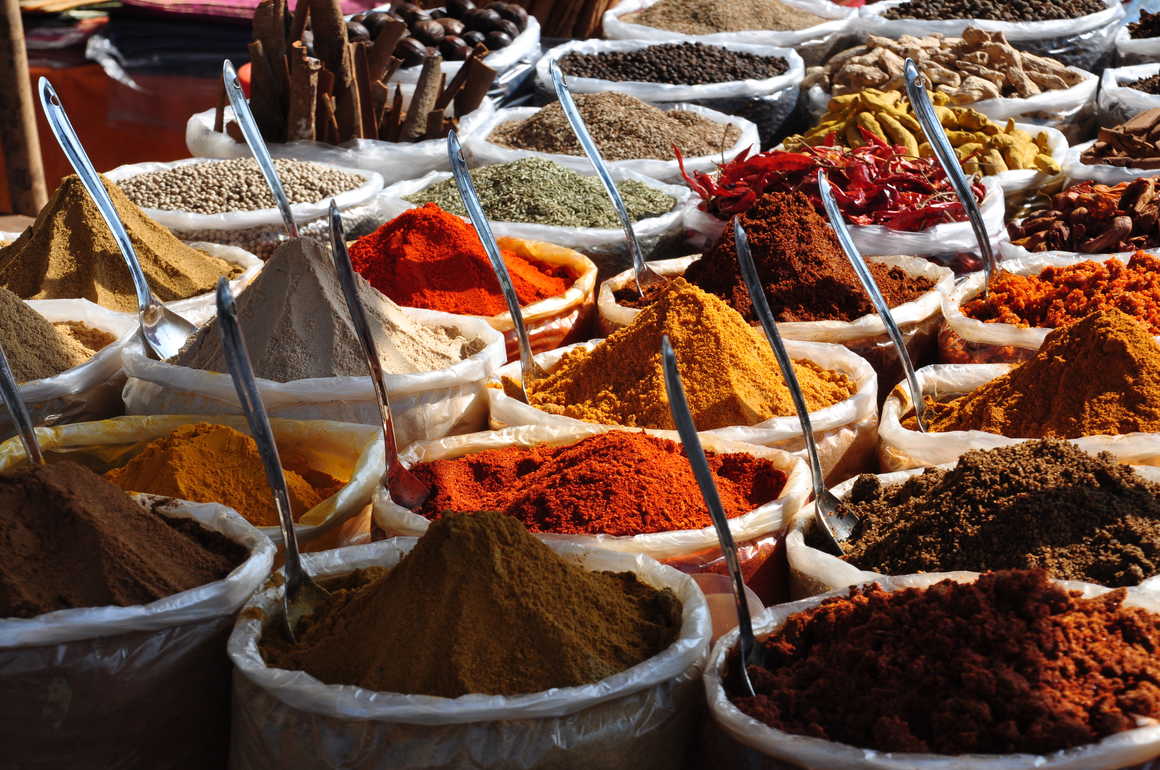
10. Bhutan joined the UN in September 1971 and was listed as
one of the least developed countries in the world. In December 2023 Bhutan
‘graduated’ from this list after showing promising progress to lessening
poverty, increasing life expectancy, becoming one of only three carbon negative
countries in the world and committing to further sustainable goals for the
betterment of Bhutan and its impact on the planet. Only a handful of countries
have managed to leave this UN category and the dedication and progressive
thinking of Bhutan’s leaders is a testament to their commitment to modernising
this fascinating country.
11. Up until 1960, Bhutan had no paved roads, no mains electricity,
no vehicles and no postal system. It was during the 1960’s that Bhutan slowly
began to emerge out of its self-imposed isolation, with 1961 an exciting year
for citizens when Bhutan joined the Universal Postal Union opening regular
Bhutanese people up to written communication from outside of the country.
12. Bhutan is the one of the world's few carbon negative
countries as it exports more power than it uses. The Bhutanese started building
their first hydroelectric power station, known as the Chhukha Hydel project,
during the 1970s which is one of the largest developments in Bhutan’s history.
Hydroelectric power is the main export of Bhutan, and most of the power
produced is exported to India.
13. Plastic bags were banned in Bhutan in 1999 when they
became one of the first countries in the world to do so and they remain
prohibited still.
14. Bhutan's two national sports are darts (Khuru) and
archery. However, Khuru is unlike our typical sport of darts, their dart boards
are much smaller and the darts are larger and made from heavy metal. They throw
the darts over 20 meters to the dart board! Archery in Bhutan is also popular,
but their games differ from western rules. Their targets are typically smaller,
are placed further away from the archer and their bow and arrows are made from
natural materials. Since in the introduction of TV to Bhutan, football and
cricket have become increasingly popular too.
15. Traditionally, Bhutanese people don’t celebrate
birthdays. A different calendar is observed to our Gregorian calendar and many
people don’t know when they were born. Instead, in Bhutan on New Year's Day,
every national citizen becomes one year older. This way no one forgets any
birthdays. This is changing however as younger people want to celebrate their
individual birth dates. This movement from focusing on the collective to the
individual is overall characteristic of modernisation in Bhutan and one reason
it was resisted for so long.
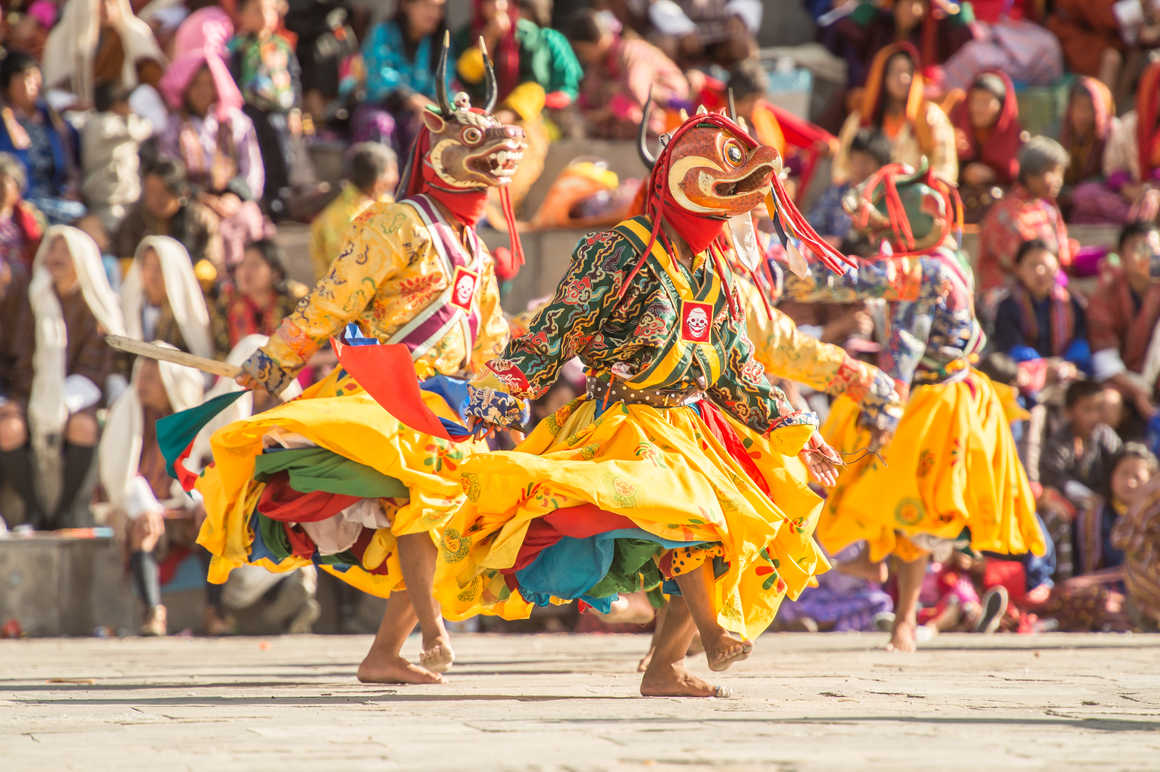
16. The people of Bhutan have a long history of painting
phalluses on the sides of their houses. In fact, you may find phalluses in the
most unusual and unlikely of places, especially in the city of Punakha. On shop
signs, window displays, painted in public places, even built onto the side of
buildings.
The phallus has long been synonymous with the predominant
religion of Buddhism and is linked back to Tibetan born Bhutanese saint Drukpa
Kunley. He was a debauched Buddhist who travelled to Bhutan to spread the word
across an orthodox country, drinking copious amounts of wine and spending time
with plenty of women during his travels. There are all sorts of legends about
his life and conquests in Bhutan but the lasting reminder of his influence here
is the plethora of phallus scattered across the country.
17. The first foreign tourists were only allowed into
Bhutan in 1974 and were invited to help raise revenue and awareness to the
world of Bhutanese culture. Two hundred and thirty seven tourists visited
Bhutan in 1974 compared to around closer to one hundred thousand in 2023.
Visitor numbers are strictly controlled as Bhutan is keenly
aware of the impact tourism has on the environment. For this reason, Bhutan is
one of few countries in the world who charge a daily tourist tax, called a
sustainable development fee, to all visitors although the amount is smaller for
visitors of select neighbouring countries. This fee is to offset the extra
resource needed to dispose of waste, manage appropriate infrastructure and
ensure sustainable employment for those who work in the tourism sector. This
policy is labelled, ‘high value, low impact’, and informs many decisions made
surrounding tourism by Bhutanese leaders.
18. Although Bhutan is one of the smaller countries in the
world, there are actually over 20 languages spoken throughout. Dzongkha is
the official national language of Bhutan, but it is estimated that only 30% of
the country speak it. Interestingly this is also the only language with a
literary tradition, as many of the other languages spoken here are exclusively
verbal.
19. There are no trains in Bhutan. This might not seem like
a big deal, but there are few non-island countries who have no mainland
railways. Bhutan have an agreement in place with Indian Railways to build five
rail routes in Bhutan, the first of which will connect India to Paro
International Airport. However, these are not due to be completed until after
2025.
20. It is widely known that Bhutan is a predominantly
Buddhist country, but this wasn’t always the case. Bon predates Buddhism and
revolves around worshiping nature. It was believed to be anti-Buddhist which
was why Buddhist priests visited here to convert the Bhutanese to their new way
of thinking. Although Buddhism has been widely accepted, in fact the King must
always be Buddhist according to the constitution, other religions are
celebrated in Bhutan. Bon festivals are still held throughout the year to this
day and much of their culture and custom can be traced back to this ancient
religion.
